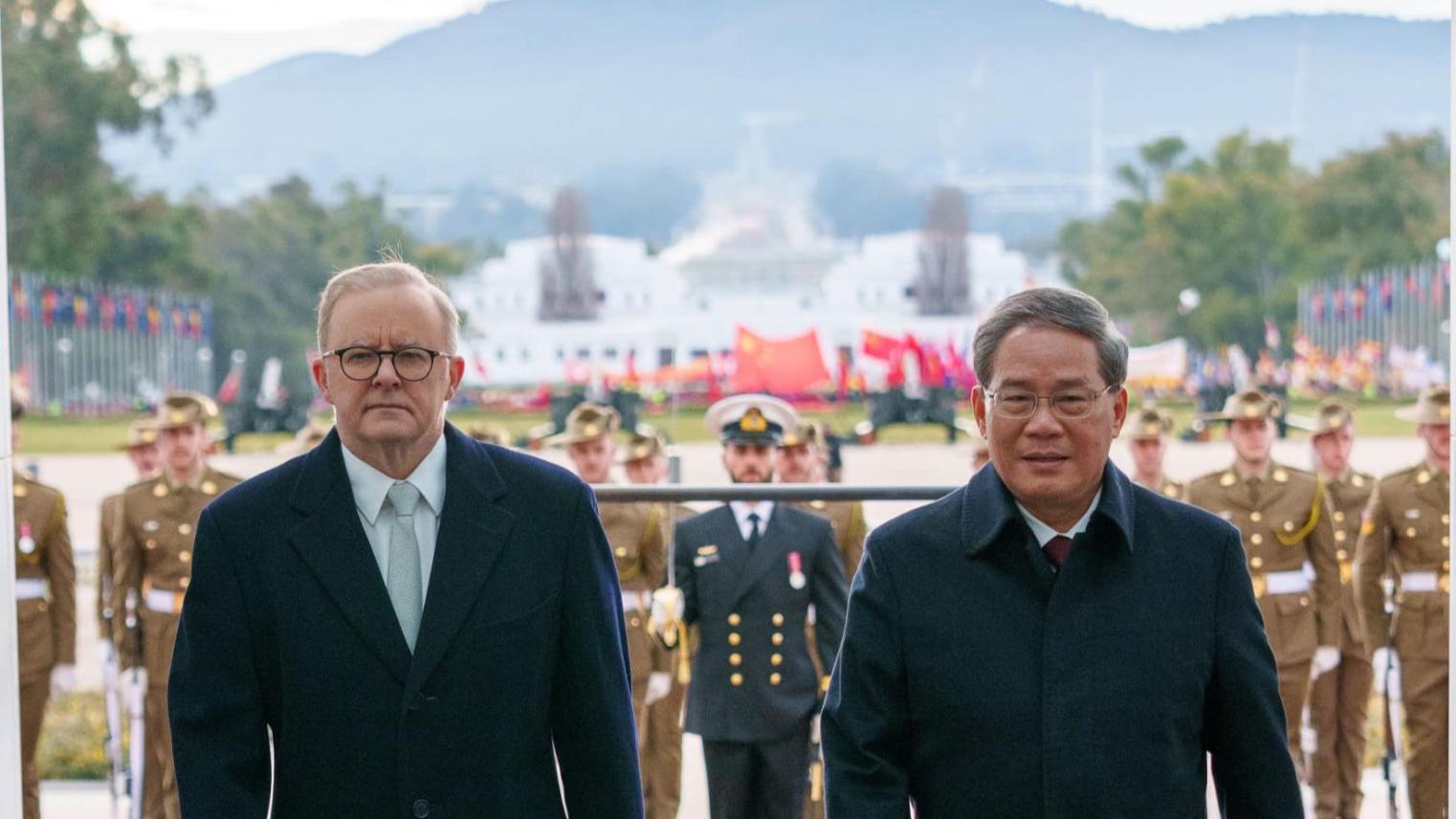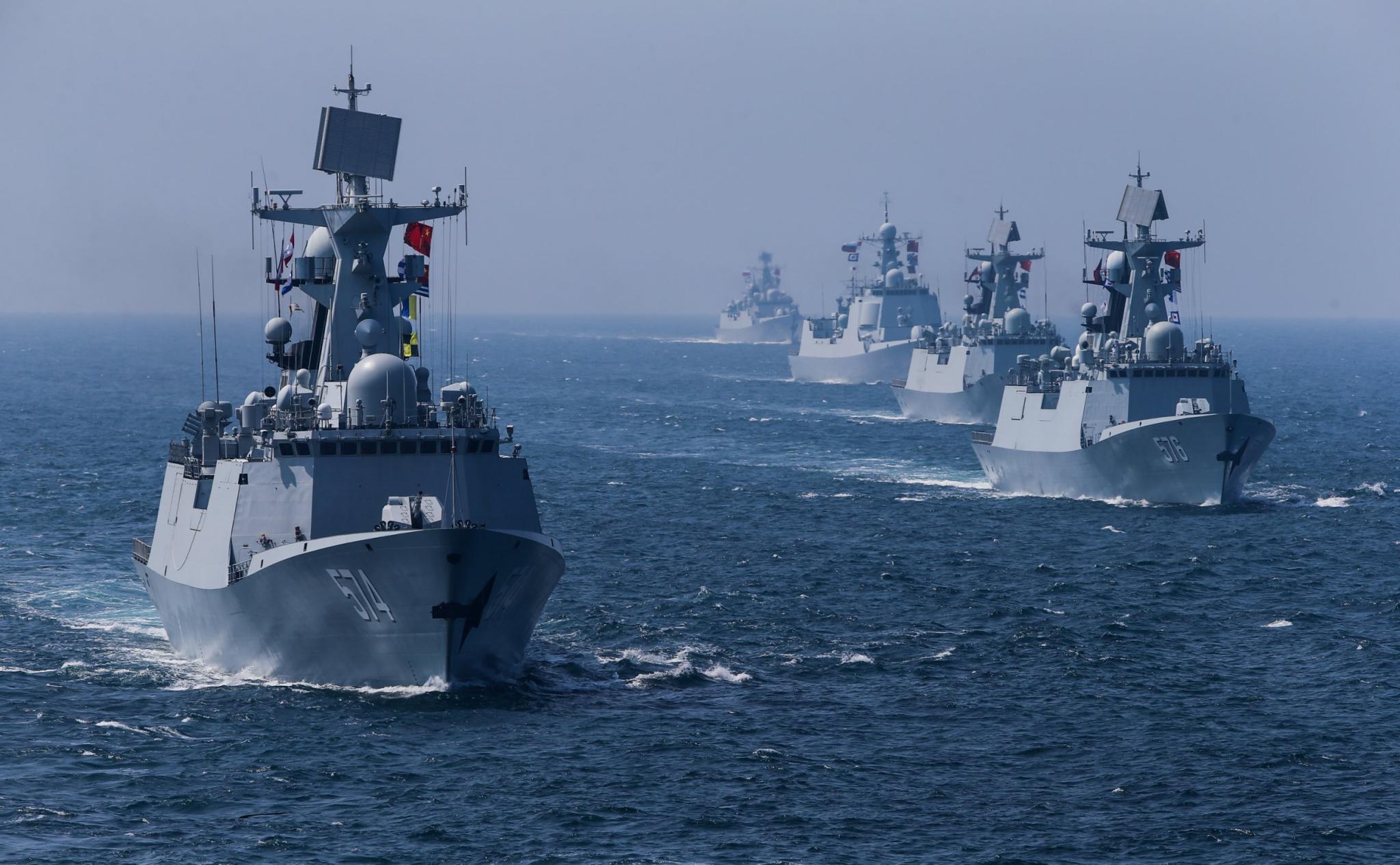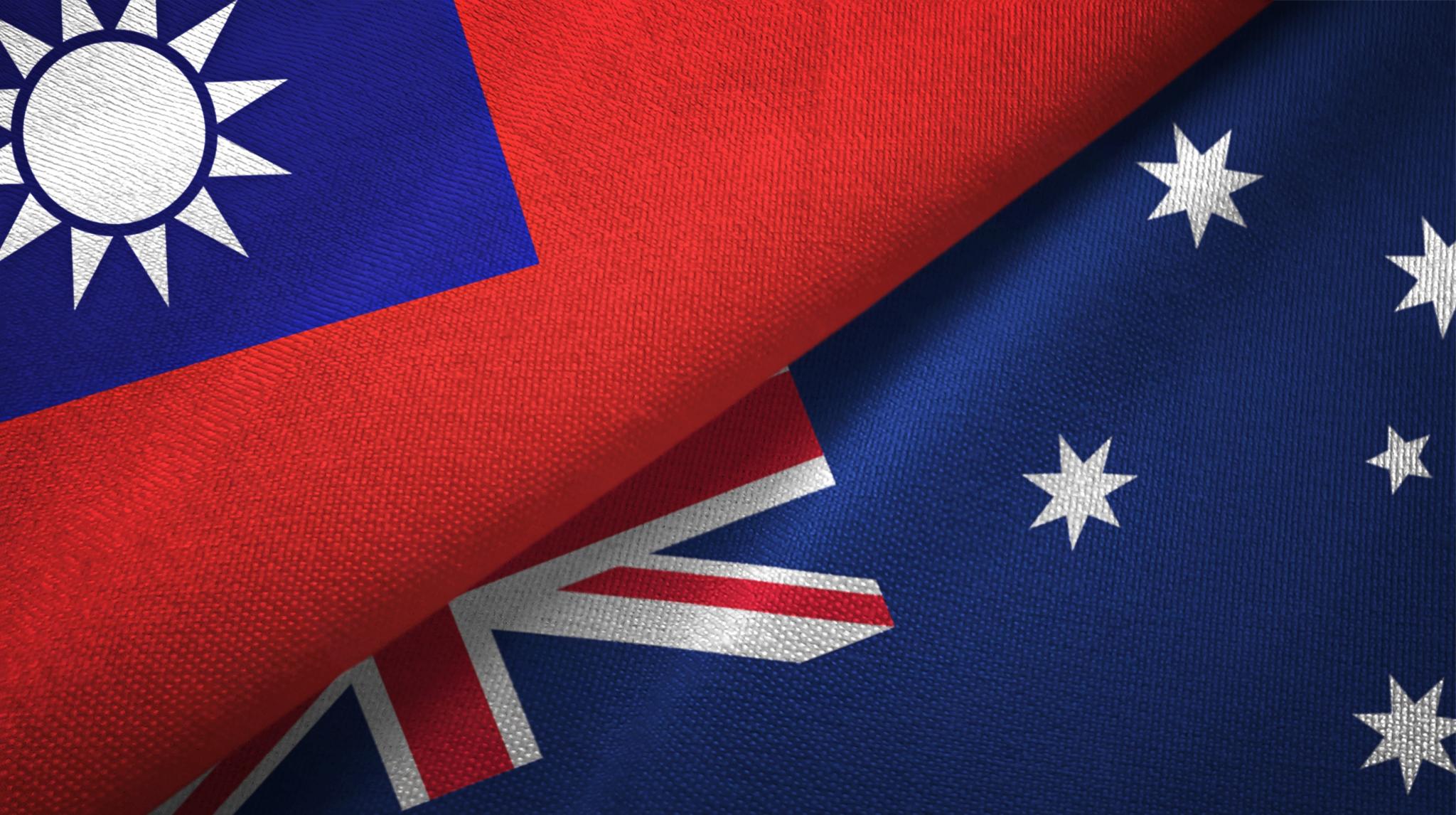Australia’s foreign policy is not simply about containing China

It is always tempting to resort to broad brush simplification when trying to make sense of what nations and their governments do.
But this easiest of paths is hardly helpful for middle powers such as Singapore or Australia in navigating a connected world of multipolarity and complex challenges.
Recent commentary in these pages, by my prominent Australian National University colleague Hugh White, gives the impression that there is just one point to all of Canberra’s external policies: supporting American ‘primacy’ to obstruct China.
To recap, he argues that fairly much all the recent activity and achievements of Australian diplomacy - including the building of multipurpose partnerships with non-aligned neighbours in Southeast Asia and the Pacific - has been to this end. The more sensible alternative, it is suggested, would be to get used to China’s power and dominance. Just adapt and avoid the pain of pushing back.
But Australian statecraft is more than a bipolar game of primacy.
There is merit in a comprehensive and evidence-based appraisal of what Australia is actually doing to make its way in the connected and contested Indo-Pacific region so many nations share.
Instead, the Australian story gives a sense of what creative diplomacy can do in helping ensure a region of stability, predictability, resilience and respect for the sovereign rights of nations large and small alike.
In other words, how a middle power can support the conditions for prosperity and peace.
Diplomacy of stability
Since its election in May 2022, the Labor Government of Prime Minister Anthony Albanese, with Foreign Minister Penny Wong at the helm of its statecraft, has pursued a sophisticated foreign policy underpinned by the concept of ‘strategic equilibrium’. This seeks to balance deterrence, diplomacy and development.
Yes, it involves the need to work with others – and not only America – in deterring China from disrupting regional order or initiating conflict.
But it also places large emphasise on the diplomacy of stability. In the region, this means support for dialogue and risk-reduction measures to prevent maritime incidents escalating to conflict.
Indeed, Asean and Asean-centric institutions have no firmer friend than Australia, as was clear in the special summit held in Melbourne in March. Australian diplomats strive each year to help Asean-centric institutions such as the East Asia Summit live up to their founding promise.
And bilaterally with China, the Albanese government has emphasised ‘stabilisation’: cooperating where possible, disagreeing where necessary and always acting in the national interest.
As a participant in last month’s high-level dialogue with a Chinese delegation in Adelaide, I can attest the exchange was robust and constructive. We are well past the earlier phase of diplomatic confrontation and China’s counterproductive economic coercion.
Such stabilisation-based engagement, with leadership-level visits in both directions, hardly suggests that Canberra is imagining away the realities of Beijing’s power and potential, even while being cleared-eyed about the limitations and risks.
Blue Pacific interests
Just as the past few years of Australian diplomacy have stressed closer cooperation with Southeast Asia, so too has there been emphasis on friendship with the nations and peoples of the Blue Pacific; more than that: practical and development-focused collaboration has been infused with what Papua New Guinea Foreign Minister Justin Tkatchenko has defined as ‘strategic trust’.
There’s no question that concern about growing Chinese influence and presence has been a major spur to Canberra’s policy vigour. Plainly, it is in Australia’s interests to ensure that an authoritarian military power cannot one day be in a position to project force on our eastern flank, in what has since 1945 been essentially an ocean of peace.
Foreign Minister Penny Wong has acknowledged that, sadly, the two countries will be in a permanent contest for influence in Pacific.
But for Australia this is also about doubling down of decades of partnership with its Pacific ‘family’, where we have never stopped being the development partner of scale and choice.
Every major collective indication from Pacific governments - from the 2018 Boe Declaration on regional security, to the 2050 Strategy for the Blue Pacific Continent, to recent announcements at the Pacific Islands Forum summit in Tonga – affirms an openness to precisely the kind of approach Australia is taking.
That is, engagement that is Pacific-led, based on deep consultation and local needs, whether on economic development, resource management, governance, health, connectivity, or addressing the impacts of climate change.
Pacific nations are clear about preserving their independence, cultural integrity and democratic character, just as they assert their rights to engage with many partners, including Australia, New Zealand, Japan, the United States, Southeast Asia, India, Korea, Europe or indeed China - or even in some cases Taiwan.
All this sets the scene for the latest developments, notably the finalisation of the Australia-Indonesia Defence Cooperation Agreement and the many-nation Pacific Policing Initiative.
Confusingly, my colleague Prof White sees these success stories as proof that Australia is losing ‘credibility’ by fruitlessly trying to draw its neighbours into a coalition to support the US against China.
The reality is more subtle and less exciting, as befits the grinding work of real statecraft.
Indonesia defence ties
Canberra has no illusions that there is even a possibility of seeking an anti-China mutual defence pact with Jakarta, and no serious policy voice in either country is contemplating a formal alliance.
Of course, Australia and Indonesia need each other as forces for stability and strength, and it makes good sense to do precisely what the new military agreement does: train together, operate with consent from each other’s countries, share education and where possibly technological know-how.
The new Australia-Indonesia agreement is a measure of mutual consent and common interest, translated by proactive diplomacy through the art of the possible. To suggest otherwise is to imagine absurdly that a dynamic, proud and rising power of 280 million people lacks agency or the free and active foreign policy for which it is known.
Meanwhile the Pacific Policing Initiative is best understood as part of a wider web of cooperation by which Pacific nations are pooling capability for good effect. This involves shared training in Brisbane as well as also across multiple centres of excellence in various Pacific nations, and the creation of a common deployment force for major events and crisis response. Pacific experts point out that it is the revitalisation of a model under which Australia and many neighbours supported Solomon Islands from 2003-2017, and Pacific leaders have welcomed it as the response to genuine regional need, including in countering the drug trade and supporting public order.
The specifics have been driven by a consensus of Pacific Islands chiefs of police and have been more than a year in the making. So the private suggestion by a leading US official that Washington was giving Australia the ‘lane’ on this issue was both inaccurate and unnecessary, given that this was a Pacific-led deal that had already been done.
The policing outcome was announced last month when Pacific leaders gathered in Tonga, along with the establishment of a multilateral Pacific Resilience Facility – for agile funding of climate adaptation projects - and entry-into-force of the Falepili Union. This is an innovative treaty in which Australia guarantees a future for the people and sovereignty of the small island nation of Tuvalu, even if rising sea levels cover their low-lying territory.
There are always things to question about any nation’s foreign policy settings, and being our best critics is a fine Australian tradition, at home and abroad. Nor are there any guarantees that the current government’s goal of equilibrium can be achieved or sustained, given that it requires many nations to work together for regional resilience.
But whatever the faults of where Australian policy stands today, a lack of respect for the priorities of its neighbours is not one of them. The world may be increasingly a topsy-turvy place where truth is hard to discern. Yet one thing should remain obvious: securing creative deals with its neighbours is evidence of a nation’s credibility and not the opposite.
This article was published in The Strait Times on 16 September 2024.
Attachments
Related content



